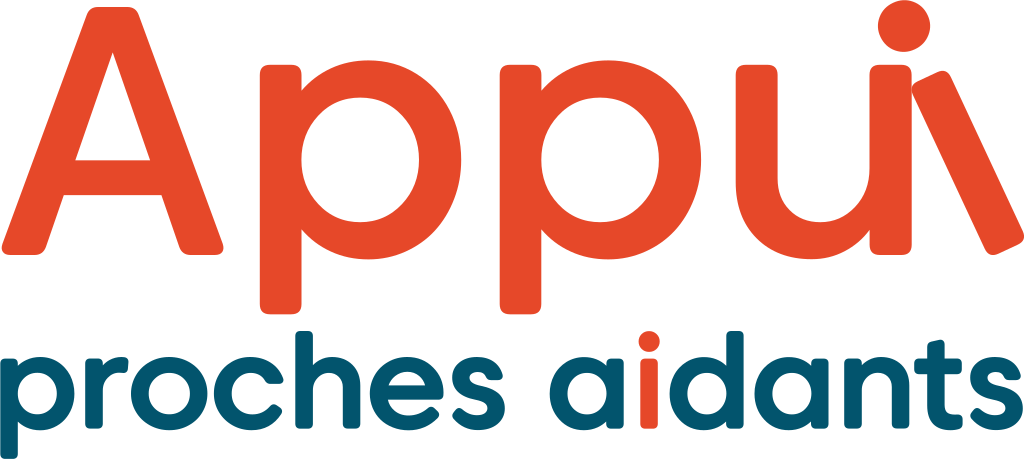Specifics
This tax credit concerns:
- Caregivers supporting an adult with a severe and prolonged disability;
- Caregivers supporting a parent who is 70 years of age or older.
It is in effect as of the 2020–2021 tax year and is divided into two components.
Component 1: a caregiver who may or may not be living with an adult with a disability
This component offers a universal credit of $1383 for caregivers who live with the person being cared for.
To this amount can be added an amount of $1383 that can be reduced according to the net income of the person being helped, with or without cohabitation. Starting at a net income of $22,180, the reducible amount will be reduced by 16% of the income that exceeds this threshold. The exit threshold is $29,993 where the deductible amount no longer applies. The deductible amount is reduced based on the income of the eligible individual. It is a good idea to discuss this with your accountant before taking any steps.
Eligibility criteria for the caregiver: must be a resident of Québec on December 31 of the year covered by the application.
Eligibility criteria for the person being assisted:
- A person who is 18 years of age or older and has a severe and prolonged impairment that is certified by a physician to require assistance with performing a basic activity of daily living;
- Be the spouse, child, grandchild, nephew, niece, brother, sister, parent, uncle, aunt, grandparent, great-uncle or great-aunt of the caregiver or spouse, or other direct ascendant of the caregiver or spouse;
- For caregivers who are not related to the person being cared for, a certificate certifying the actual involvement of the caregiver must be completed by a health professional. This certificate must be submitted with the application for the tax credit;
- Not be living in a seniors’ residence or a public facility.
Component 2: Caregiver cohabiting with a person (other than their spouse) who is 70 years of age or older and who does not have a disability
This component provides a general credit of $1383 for caregivers who live with the person being cared for.
Eligibility criteria for the caregiver: be a resident of Québec on December 31 of the year covered by the application, and be living with the person being cared for (owners, co-owners, tenants, co-tenants or sub-tenants). The period of cohabitation must last 365 consecutive days, including at least 183 days during the taxation year.
Eligibility criteria for the person being assisted:
- A person 70 years of age or older without a severe and prolonged impairment;
- Be the parent, grandparent, uncle, aunt, great-uncle, great-aunt of the caregiver or their spouse, or another direct ascendant of the caregiver or their spouse;
- Not be living in a seniors’ residence or a public facility;
- Not be the spouse of the person being cared for.
Process
Have the required documents filled out:
- Component 1: Have a healthcare professional complete the Certificate Respecting an Impairment (TP-752.0.14-provincial) for the person being assisted. The purpose of this form is to certify that the person has a physical or mental impairment or is no longer able to live independently. If you are considering applying for the federal tax credit as well, an additional form is required.
- Component 1: If you have no family ties with the person being assisted, have a healthcare professional complete the Certificate of Ongoing Assistance (TP-1029.AN.A). The purpose of this form is to attest to your role as a caregiver, that is, a person who provides sustained assistance in a routine activity of daily living for the person being cared for. This form must be renewed every three years.
- Component 2: No certificate is required.
Component 1: Once the certificates are completed, they must be sent to the government for approval (see mailing address on forms) or submitted with the tax return.
Components 1 and 2: Check with your accountant to claim the caregiver tax credit. To do so, complete Schedule H (TP-1.D.H). Note that the Certificate Respecting an Impairment may allow for other tax credits.
Other tax advantages for caregivers
Caregivers of seniors and their families can benefit from other tax credits, including:
- Caregiver respite tax credit;
- Tax credit for in-home support for seniors.














